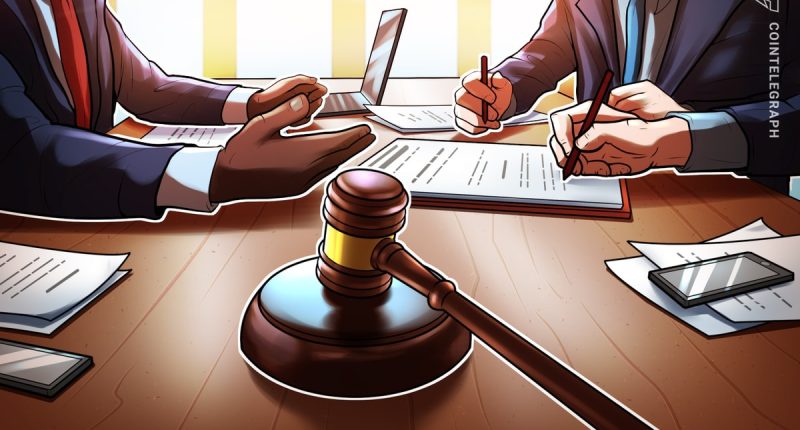
Apple co-founder Steve Wozniak won the latest round in a court battle against YouTube over the use of doctored videos featuring his likeness that were used in a Bitcoin scam in 2020. The latest appeals court verdict overruled a lower court judgment that absolved YouTube of any responsibility.
A San Jose appeals court ruled that YouTube cannot rely on a contentious communications statute to absolve it of liability for a fraud that exploited the Apple co-founder’s popularity using a doctored video to scam people, reported Bloomberg.
The latest verdict would allow Wozniak to continue the lawsuit against the video streaming platform and potentially pave the way for a change in the federal law that protects video streaming platforms such as YouTube from any liability that comes along with the videos posted on the platform.
The Apple co-founder and 17 others, including Bill Gates, Elon Musk and Michael Dell, filed a lawsuit against YouTube and its parent company, Google, in 2020 after doctored videos promoting a fake scam went viral on YouTube.
The doctored video added additional text and pictures promising free Bitcoin, and viewers were asked to send Bitcoin to a particular address to get double the money.
The latest appeals court verdict is seen as a significant win for Wozniak and others since a Santa Clara County Superior Court judge ruled in 2022 that the companies were protected from liability under Section 230 of the Communications Decency Act.
Related: Fidelity amends spot Ethereum ETF proposal to include staking
The appeal court judges observed that popular YouTube channels often get hacked to promote scams. Google and YouTube are responsible for “materially contributing” to the scam by “providing verification badges to hijacked YouTube channels.”
The platform also failed to remove these verification badges when the channels started posting scam videos, while one was awarded the verification badge during the scam process.
Thus, the appeal court observed that companies may not be protected by Section 230 immunity as it contributed to the scam by verifying.
Woznaik’s lawyer, Joe Cotchett, said the verdict highlights how social media platforms like “Google and YouTube take responsibility for their actions and cannot use Section 230 as a total shield for their conduct.”
Magazine: Ether ETFs face Senate opposition, Wright is not Satoshi, and Dencun goes live: Hodler’s Digest: March 10–16
Also Read More: World News | Entertainment News | Celebrity News







